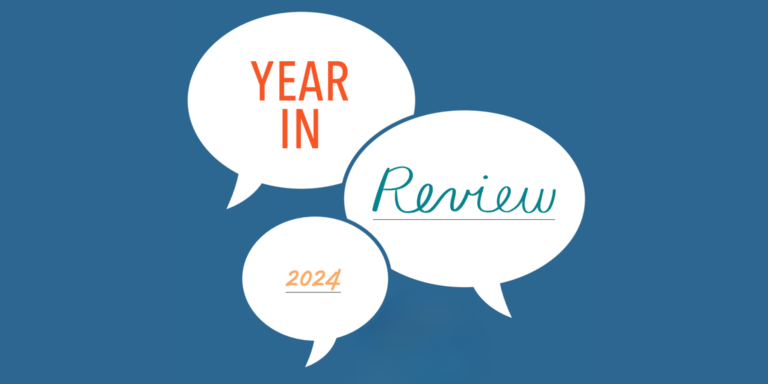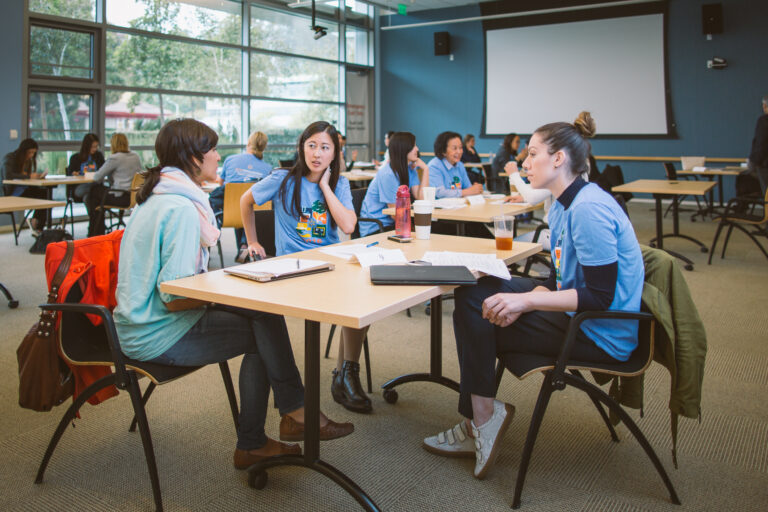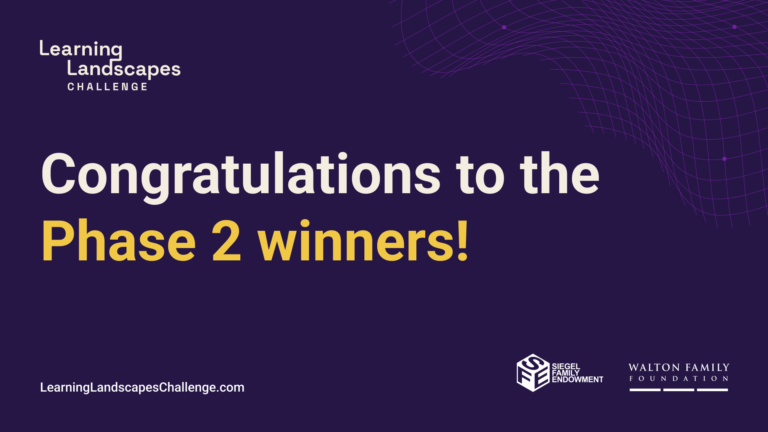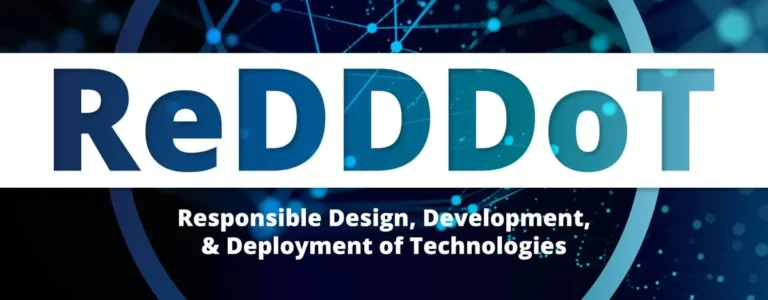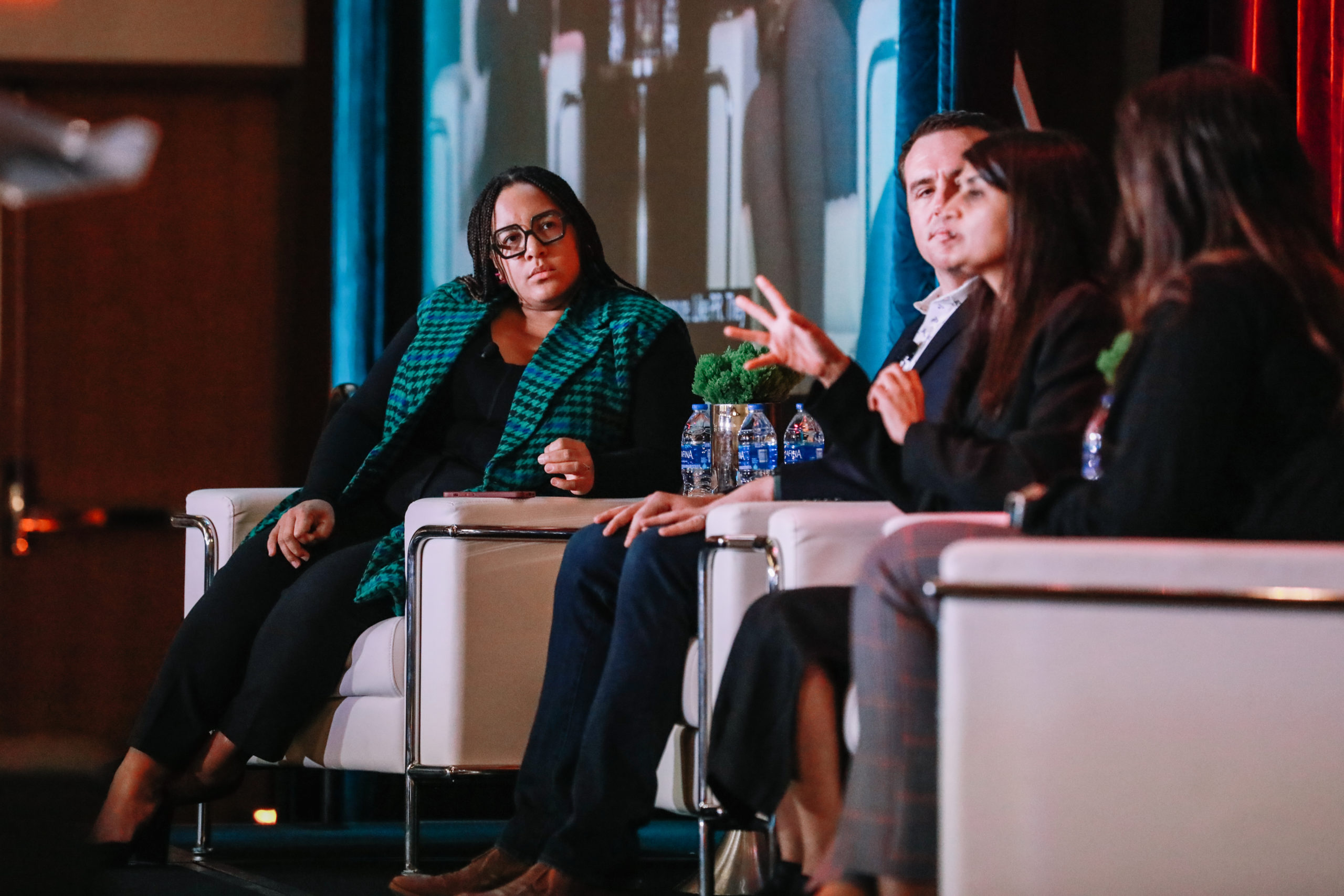
Philanthropy, like many fields, finds itself at a technological crossroads. Sophisticated data sets can open a whole new world of impact to grantees, but navigating systems and drawing useful insights is a complex process that requires specialized knowledge and expertise. New organizational tools have the power to streamline operations and processes, but knowing how and where to allocate resources to support them is a complex and multifaceted process. Across the field, practitioners and grantmakers alike are grappling with big questions: how can we adapt our systems and practices to keep pace with a world in which rapid, constant technological change is the norm? And how can we respond to those changes responsibly, without compromising our values or the work of our grantees?
This fall, the Technology Association of Grantmakers (TAG) held its annual conference in San Antonio, TX, where they brought together a diverse community of funders working across different fields and areas of practice to explore topics just like these. Members of Siegel Family Endowment’s team attended and convened discussions on how philanthropy can meet the moment, and do so in a way that positively impacts all of the fields that we come into contact with.
Siegel’s Executive Director Katy Knight moderated a lecture and conversation on the future of responsible innovation with panelists Alka Roy, founder of RI Labs and the Responsible Innovation Project, Cory Darden Milem, Vice President and CTO of the Rockefeller Foundation, and Kevin Bromer, Executive Director, Head of Technology and Data Strategy at the Ballmer Group. Siegel’s Grantmaking Program Associate Kyla Stewart led a presentation on cultivating a grantmaking practice that is lightweight, equitable, and data-driven. The discussion also explored strategies for using technology to minimize grantee burden and increase efficiencies.
Katy’s keynote address led off the third day of the event, and focused on many of the technology-driven issues and opportunities facing many grantmakers today. Because technology impacts all aspects of our work – from our portfolio areas, to our internal operations, to the day-to-day of our grantees – the discussion touched on areas that were relevant to funders from all fields and areas of practice.
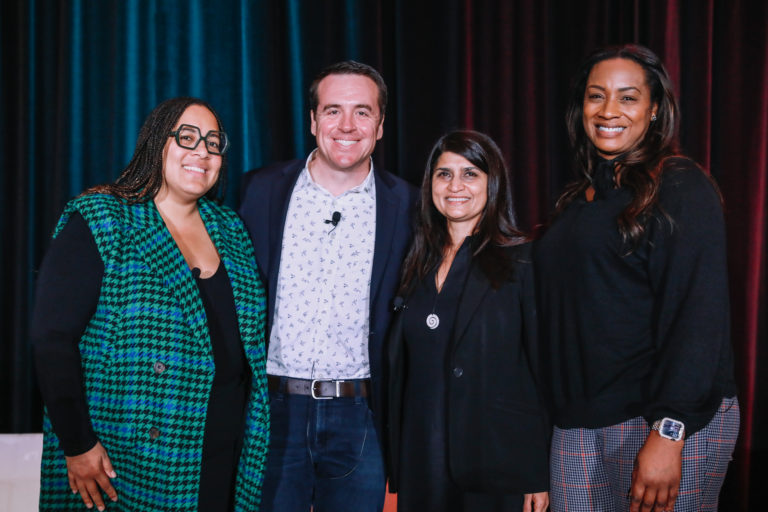
Attendees were encouraged to imagine a range of possible futures for their sector, and to interrogate the types of technology solutions currently impacting the fields where they work. By better understanding the state of the field, and by carefully monitoring internal gaps, grantmakers will be better equipped to provide support that closely matches grantee needs. Research and responsive adaptation were singled out as critical factors to responsible development.
Kyla’s presentation offered an in-depth look at some of Siegel’s core values, and the systems we use to bring those values to bear in our grantmaking practice. Kyla shared specific lessons and findings that we’ve applied to our processes in order to absorb grantee effort, increase meaningful feedback, and limit onerous reporting. The event concluded with a series of questions that grantmakers can use to drive their own internal inquiry process, and operate more critically and efficiently in support of the work of their grantees.
We’ve highlighted some key takeaways and themes that came up in a range of different events across the conference below, and are looking forward to future events and collaborations with our partners at TAG.
1. Tech is a tool for equity
At Siegel, we’re acutely aware of the power imbalances present in much of philanthropy. As grantmakers, we have a responsibility to both consider the experiences of our grantees in any new systems that we adopt, and to understand their own technological practice at all stages of the engagement. That’s why so much of our own work is focused on implementing a grantmaking strategy that is grounded in equity at all stages – and technology plays a critical role in shaping how we put this strategy into action. From collecting feedback, to conducting due diligence, to new methods of engaging our grantees, tech offers a number of exciting opportunities to shape the way we create equitable systems that minimize grantee burden and promote equitable practice.
2. Philanthropy has a major role to play in responsible innovation
As a field, philanthropy has a lot of leverage in deciding how technology is implemented and innovated. We have the opportunity to shape how and where certain technologies bring their power to bear, but with that opportunity comes substantial responsibility. By centering the needs and wellbeing of our grantees and their constituents, we stand to amplify philanthropy’s positive impact, and cultivate a community of practice that prioritizes equity
3. Program managers are some of the best equipped advocates for change
There are few people with more detailed knowledge of grantee work and needs than the philanthropic team members who work closely with them. There’s a major opportunity for program managers to collect grantee feedback, understand the technology needs of their grantee community, and advocate across the philanthropic sector for practices that would match those needs directly.


